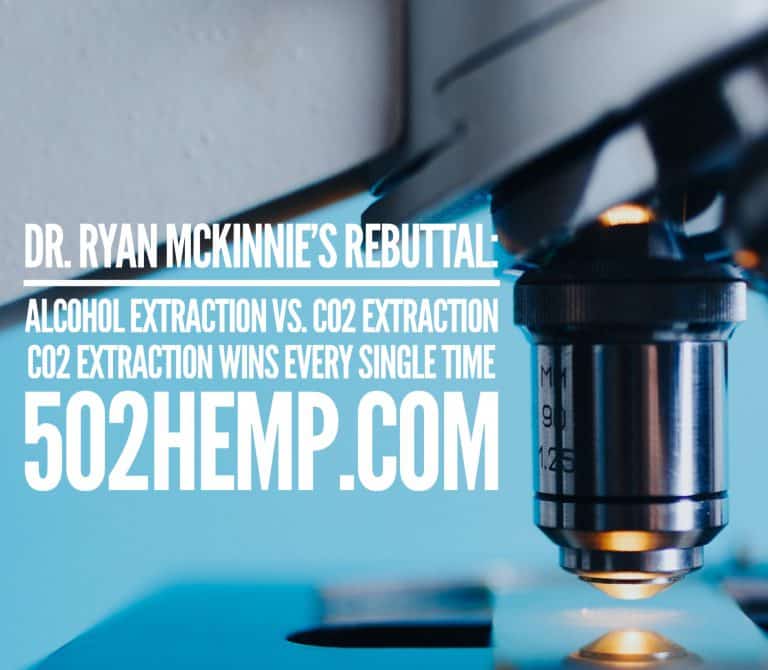Now federally legal, industrial hemp with 0.03% of THC or less is available in a variety of CBD products. Every state has its own hemp regulations that can affect the possession of CBD and other hemp products. Ohio is no exception.
CBD in Ohio
Like many other midwestern states, Ohioans grew hemp for the textile industry. Since then, they joined other American states in the hemp production roller coaster. After the Civil War, hemp production declined nationally and experiences a resurgence during World War II. After World War II, production began to decline due to competition with hemp production from the Philippines. In the 1970s hemp became a classified controlled substance and illegal to grow or possess. Ohio brought back hemp production with 2018 with the Farm Bill and has introduced other laws expanding the legality of other types of cannabis.
CBD in Ohio Regulations
No matter the state, every CBD company is not to make health claims or make any statement that CBD is a “cure.” Additionally, CBD or hemp products are not FDA approved. Ohio does allow the sale and possession of CBD and Delta 8 THC products. Ohioans may be able to grow industrial hemp but must be licensed and follow state guidelines. Ohio has created an easy to access and user-friendly Hemp program that answers agricultural questions concerning hemp. Medical marijuana is legal with stipulations in Ohio. Ohio’s medical marijuana site offers detailed information for patients, physicians, and caregivers.
The FDA website updates federal information on hemp and your state’s .gov website offers current information as well. When considering CBD products, quality and integrity matter. 502 Hemp has CBD products with third-party testing, organic industrial hemp, plus natural ingredients.












